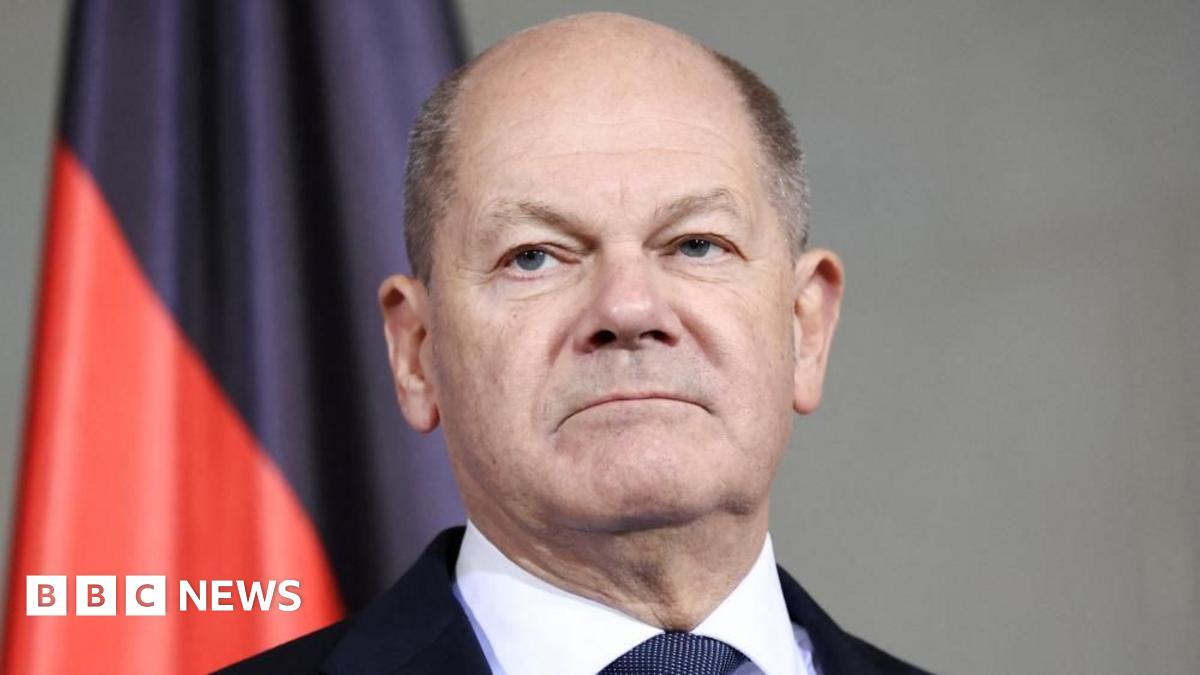Germany: Chancellor Olaf Scholz loses vote of confidence

Losing Monday’s no-confidence vote was the outcome Scholz had wanted.
Thanks to the loss, elections can now happen in February, rather than in September as originally scheduled.
There were 207 MPs, mainly from his own party, who voted for Scholz, while 394 voted against him and 116 abstained.
Since Scholz’s argumentative three-party governing coalition collapsed in November, he had been reliant on support from the opposition conservatives to pass any new laws, effectively rendering his administration a lame-duck government.
Given Germany’s stalled economy and the global crises facing the West, staggering on until the scheduled election date of September 2025 risked being seen as irresponsible by the electorate.
Scholz’s Social Democratic Party (SDP) is trailing heavily in opinion polls, while the conservative Christian Democratic Union (CDU) under Friedrich Merz appears to be on course for a return to government.
Opening the debate ahead of Monday’s vote, Scholz said the snap election was an opportunity to set a new course for the country and called for “massive” investment, particularly in defence, while Merz said more debt would be a burden for younger generations and promised tax cuts.
Related
Youth football teams hold minute’s silence for 10-year-old Poppy Atkinson
Youth football teams and grassroots clubs across the country have held a minute’s silence at the start of their games to commemorate a 10-year-old girl who di
Girl’s death sparks minute’s silence at football matches nationwide
10-year-old Poppy Atkinson was killed when she was struck by a car during a training session at Kendal Rugby Club in Cumbria. Clubs from Leeds to London
Liverpool fans’ Uefa claim can be heard in England, judge…
The high court, sitting in Liverpool, heard Uefa had relied upon the principle that English courts will not inquire into the legality of actions by foreign gove
Alan Shearer’s Premier League predictions including Manchester United vs Arsenal
Caption: Alan Shearer?s Premier League predictions credit: Getty / Metro After some impressive results for English sides in Europe the focus is












